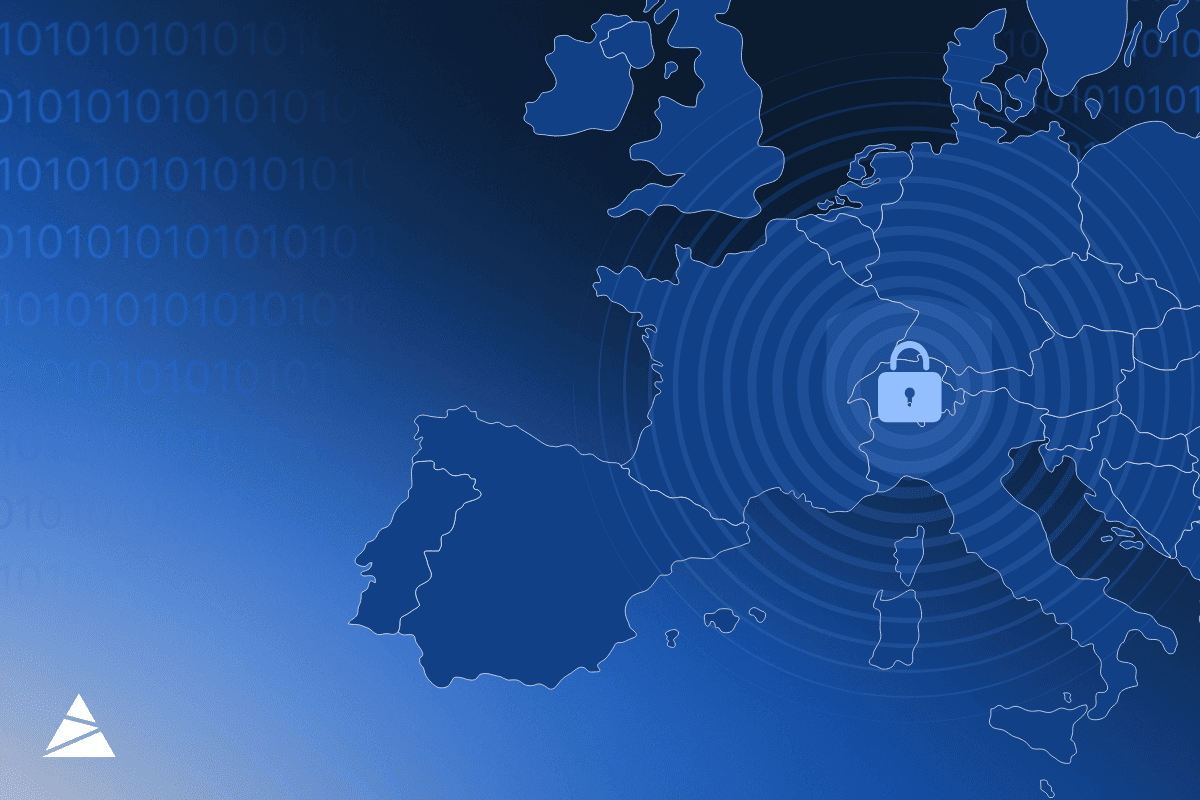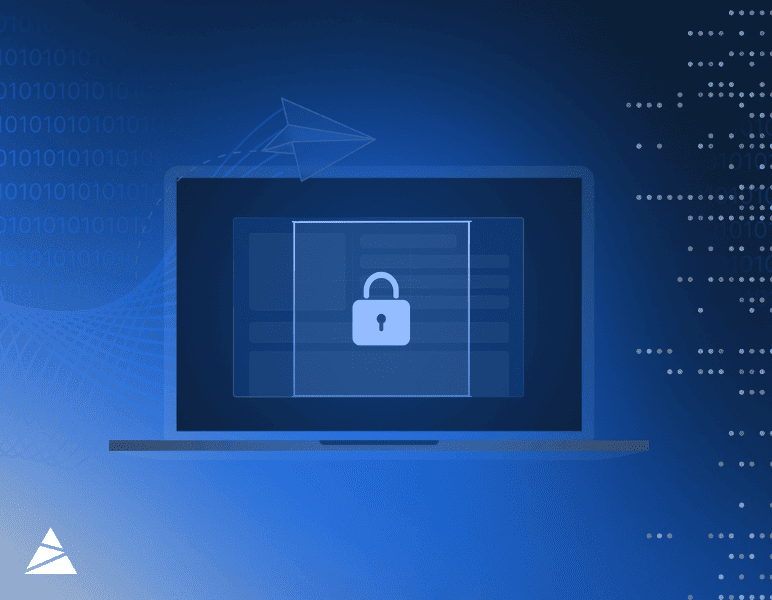
What digital sovereignty is – and why it is more important today than ever before
Digital sovereignty means control over data and systems. Avoid dependencies and de-risk. Learn how Swiss solutions from DSwiss make this possible.
4
min read
Aktualisiert am
October 30, 2025

Digital sovereignty means maintaining effective control over data, identities, and central systems—that is, over how they are collected, processed, stored, accessed, and managed according to clearly defined laws with verifiable technical and organizational measures. It encompasses legal, technical, and operational dimensions—sovereignty over data, infrastructure, identity, and access rights.
What digital sovereignty is – and why it matters more than ever
Digital sovereignty is the ability to retain effective control over data, identities, and core systems – how they’re collected, processed, stored, accessed, and governed under specific laws with verifiable technical and operational controls. It consists of legal, technical, and operational dimensions – sovereignty over data, over infrastructure, over identity and access.
Recent global developments have made digital sovereignty a central issue:
- Geopolitics has turned data into a strategic asset: cross-border flows face new restrictions, states assert access powers, and foreign laws can compel disclosure.
- Regulatory pressure in Europe and elsewhere is growing. Laws like GDPR, and the revised Swiss Federal Act on Data Protection (FADP, in Switzerland also called revDSG) aim to give individuals and organizations more control of personal data. Switzerland overhauled its law, effective September 2023, aligning more closely with GDPR and adding transparency, stronger individual rights, stricter breach-reporting, and other measures.
- Risk now spans cyberattacks and extraterritorial legal demands. Location alone isn’t enough – encryption, key control, auditable access, and a clear legal-process stance determine real exposure.
Thus digital sovereignty isn’t just a philosophical idea; for companies, particularly those in sensitive sectors (banking, insurance, health, public services) it’s a requirement: compliance, reputational risk, legal risk, and competitive advantage all depend on it.
What Switzerland offers: a strong basis for digital sovereignty
Switzerland combines legal, technical, political, and infrastructural features that make it a strong location for sovereign digital control.
- Revised FADP / revDSG: As of 1 September 2023, the legal framework in Switzerland was modernised. The revisions include stronger transparency obligations, enhanced rights for data subjects, clearer rules on breach notifications, and alignment with the EU’s GDPR to maintain adequacy status for data transfers.
- Legal predictability and neutrality: Switzerland is politically stable, has a legal system with strong protection of individual rights, and is traditionally viewed as neutral. For foreign jurisdictions making legal claims, Swiss courts and authorities will apply Swiss laws, including protections for data subject rights, and limitations on extraterritorial requests.
- Technical & operational standards: High quality data centres, strong encryption norms, privacy-by-design principles, rigorous controls over access, separation of environments (development / staging / production), redundancy, etc., are widely available in Switzerland.
- Transparency and trust: Swiss regulatory oversight, certifications, and aligned legislation (e.g. Council of Europe’s CETS 108+, etc.) help strengthen trust. For many organizations, knowing that their data is physically held in Switzerland under Swiss law is a tangible component of risk mitigation.
How this matters in the current geopolitical landscape
- Governments are passing laws demanding access to data held on servers, even those owned by foreign companies. Having data stored in a jurisdiction with strong privacy protections and legal safeguards can limit unauthorized or coercive access.
- Cross-border data flows are under regulatory stress. If data is stored outside of jurisdictions with “adequate protection,” organisations often face compliance costs, legal uncertainty, potential blocking of data transfers.
- Companies that deal in sensitive personal data (health, financial, legal) face not just regulatory penalties, but also reputational damage if they are perceived to have inadequate control.
How DSwiss Enables Digital Sovereignty
Here is how DSwiss AG and its product offerings map directly onto achieving digital sovereignty – helping organisations truly control their data, both technically and legally.
- Data Location Switzerland: All production data is stored in Swiss data centers and falls under Swiss jurisdiction (revDSG/FADP). Swiss courts and regulators, not foreign authorities, govern access – subject to Swiss due process.
- Encryption and Zero-Knowledge Architecture: Data is encrypted in transit (modern TLS) and at rest (AES-256) with envelope encryption. By design, DSwiss personnel have no access to decrypted customer content during normal operations. Any exceptional access is protected by dual control (M-of-N approval), time-bound just-in-time workflows, and immutable logging. (Customer-managed keys/HSM locality available where contracted.)
- Identity and Access Management: MFA enforcement, SSO (SAML/OIDC), SCIM user lifecycle, RBAC/ABAC, comprehensive audit logs, and strict environment separation (dev/stage/prod).
- Assurance and Compliance: DSwiss’s services are ISO/IEC 27001 certified. They are designed to comply with Switzerland’s data protection law (revDSG / FADP) and aligned with GDPR. Also, they support regulatory requirements such as the EU’s DORA (Digital Operational Resilience Act) and NIS-2 for institutions that fall under those regimes. This alignment ensures that “sovereignty” isn’t just marketing, but legally enforceable.
- Scalability, Reliability, and Resilience: Triple redundancy of data storage in Swiss data centers, high availability, and Tier III compliant centres. This ensures that data remains available, safe and resilient against hardware failures, natural disasters or local outages. Technical sovereignty must include control over uptime and reliability.
Bringing it all together: Digital sovereignty with DSwiss
Putting all this into perspective: when you choose DSwiss and its suite of services – SecureSafe (Passwords & Files), SecureExchange, Postbox, etc. – you’re choosing more than just “secure cloud storage.” You are choosing:
- Legal control: because your data stays in Switzerland and is governed by Swiss law (revDSG / FADP), with all the rights and protections that come with it.
- Technical control: zero-knowledge architecture, strong key control, fine-grained access control mean you keep the keys (literally and metaphorically).
- Operational control: Because systems are built with Swiss data centre standards, Tier III, redundant, audited, you’re not dependent on foreign jurisdictions or unstable regimes.
In today’s world, where cross-border demands for data – whether from governments, law enforcement, or in litigation – are increasing, and where trust is a core asset, DSwiss helps organisations not just comply, but keep sovereignty over what matters: their data, their privacy, their reputation.
More knowledge that takes you further
Discover relevant insights on current topics, challenges and solutions that will help you move forward.



